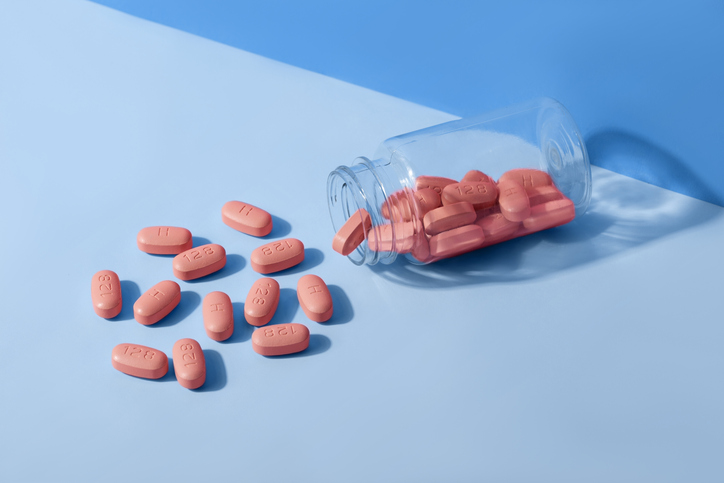
February 18, 2022
Everything You Need to Know About Post-Exposure Prophylaxis
PEP, not to be confused with PrEP, stands for post-exposure prophylaxis, a short course of medicines that individuals can start taking very soon after being exposed to HIV. This treatment aims to prevent the virus from spreading through your body.
In order for PEP to be effective, it must be taken within three days (72 hours) of possible exposure; it will not work after that period of time. Remember that every hour counts!
Do You Need PEP?
If you are HIV-negative or don’t know your HIV status and believe you may have been exposed to HIV within the last 72 hours, PEP might be right for you. Contact your healthcare provider as soon as possible or go to an emergency room or urgent care facility where a team of medical experts will evaluate you and put together a treatment plan to prevent HIV infection.
PEP should only be used in emergency situations and is not intended to replace other HIV preventive measures.
How To Take PEP
Once you get to a healthcare facility, a doctor or nurse will assess your situation, do some testing, and decide whether PEP is right for you. If you are prescribed a PEP treatment, you will have to take a medication regimen for at least 28 days. Moreover, you might have to return to your doctor’s office throughout your treatment process for additional testing.
Does PEP Work?
Taking every dose is paramount for PEP to work. However, keep in mind that, while this treatment method is often successful at stopping HIV infection, it is not 100% effective; continue protecting yourself and others from HIV while on PEP.
Exposed? Contact Our Offices for an Appointment
If you believe you may have been exposed to an HIV infection, please call your closest NOVUS location as soon as possible to schedule an appointment with one of our nurse practitioners; mention that you may have been exposed and that you need an appointment urgently and one of our friendly staff will help you out.
Recent News
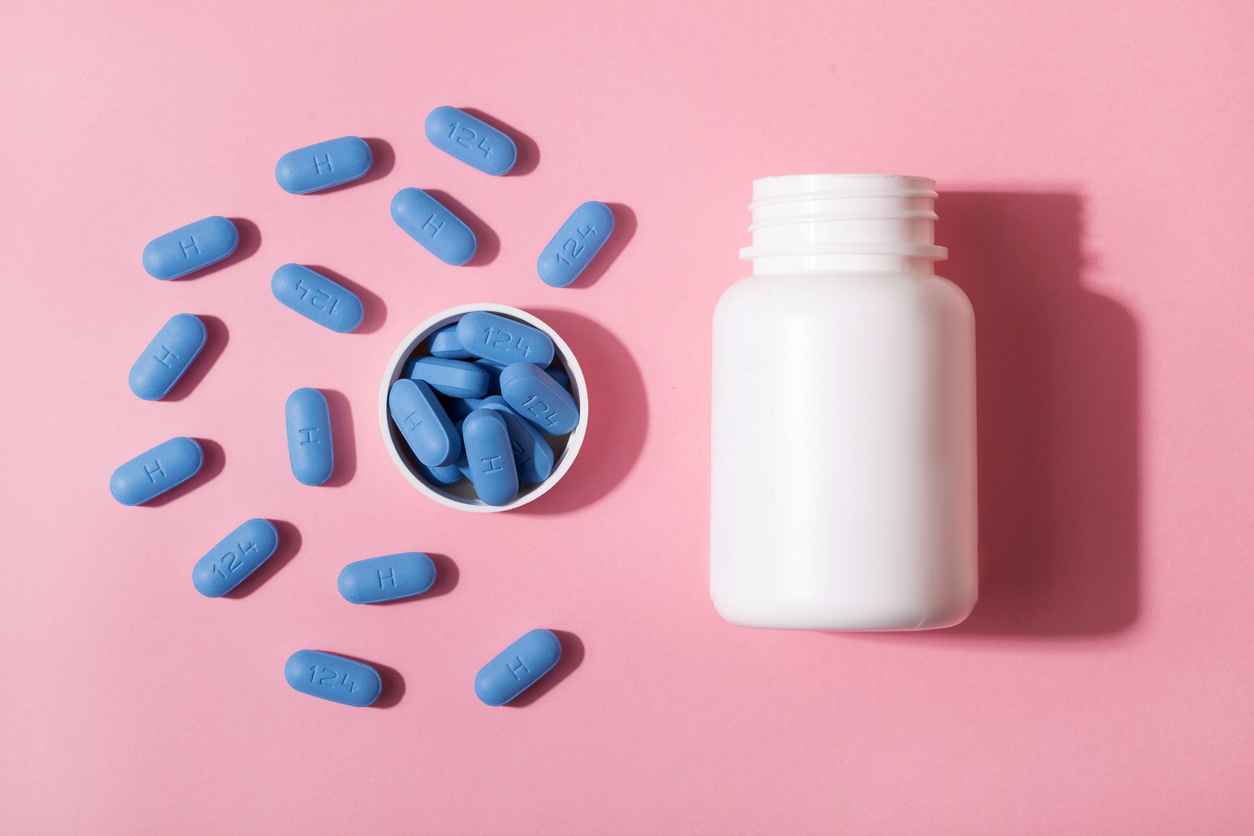
How TelePrEP Makes HIV Prevention More Accessible
January 15, 2026
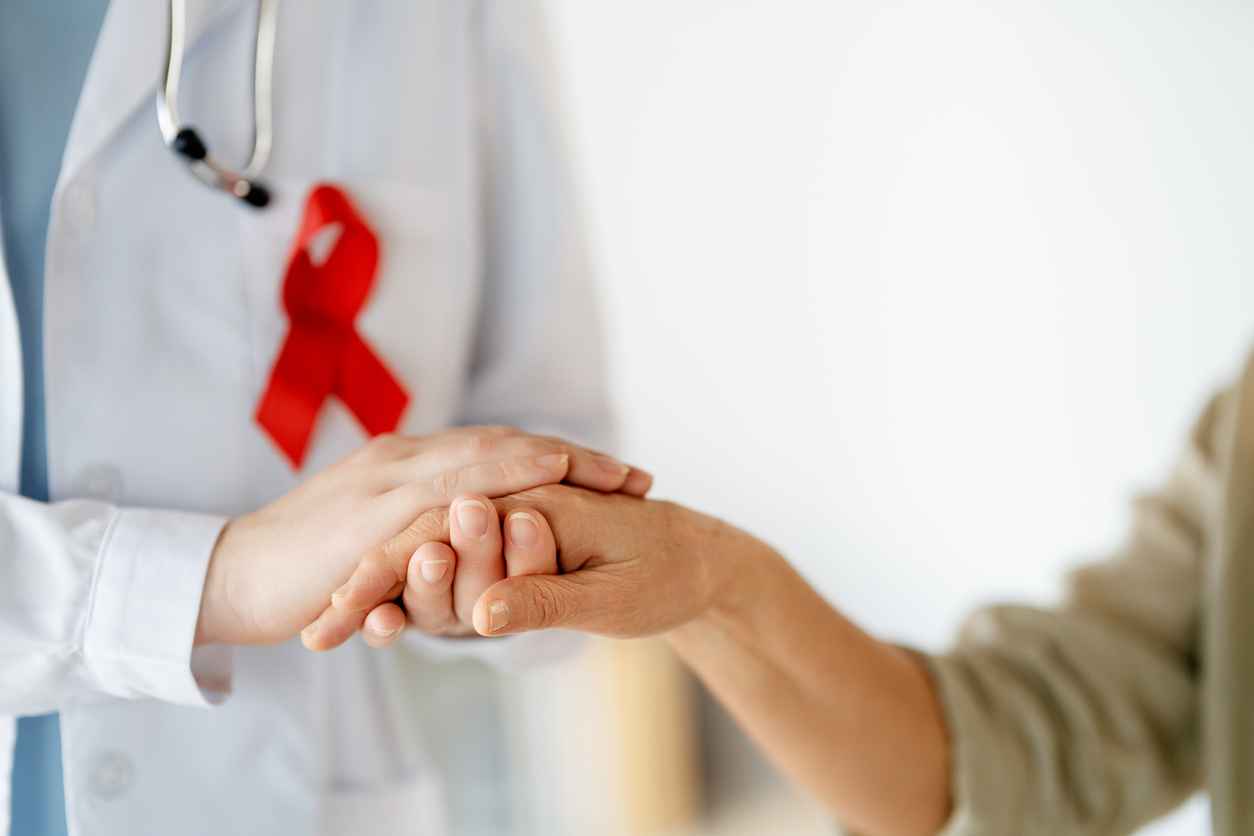
Understanding HIV vs. AIDS
December 11, 2025
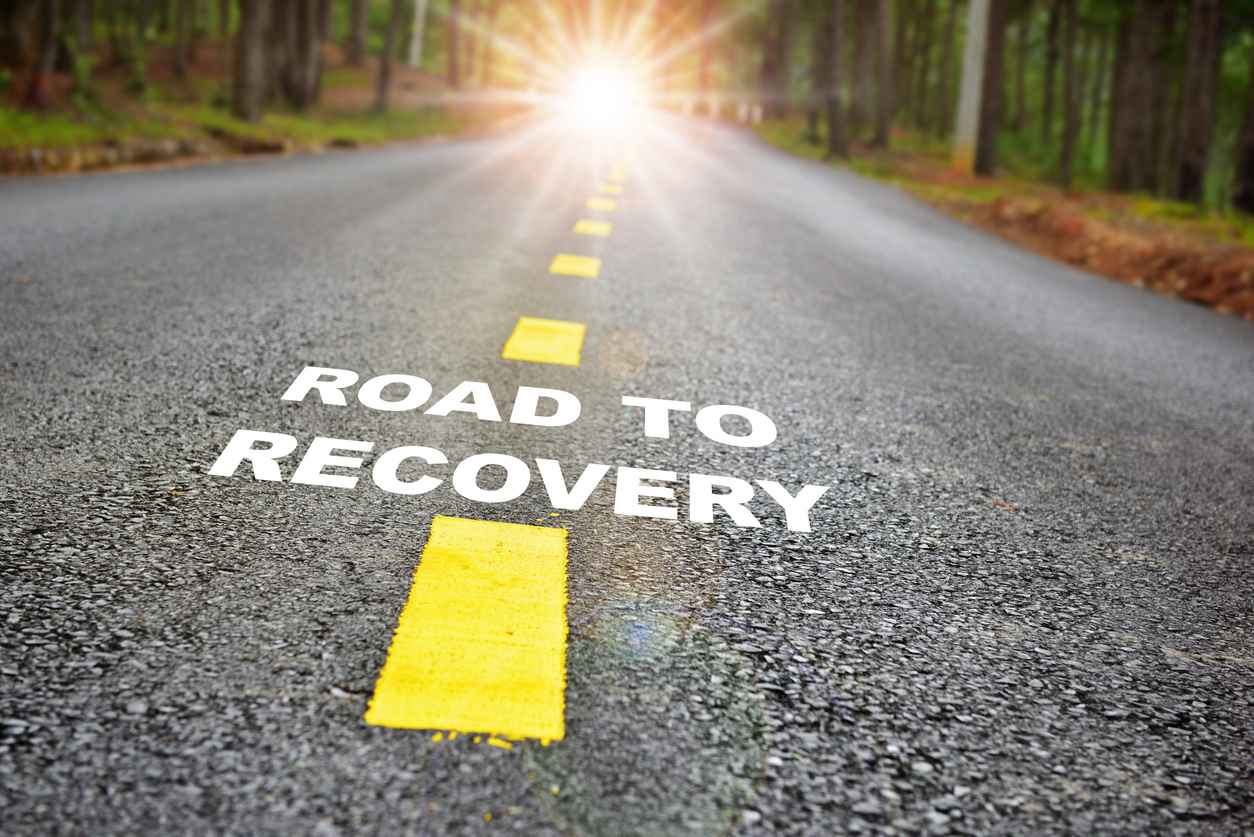
Understanding Vivitrol: How It Supports Recovery from Opioid and Alcohol Dependence
November 13, 2025

How to Talk to Your Partner About STD Testing
October 27, 2025
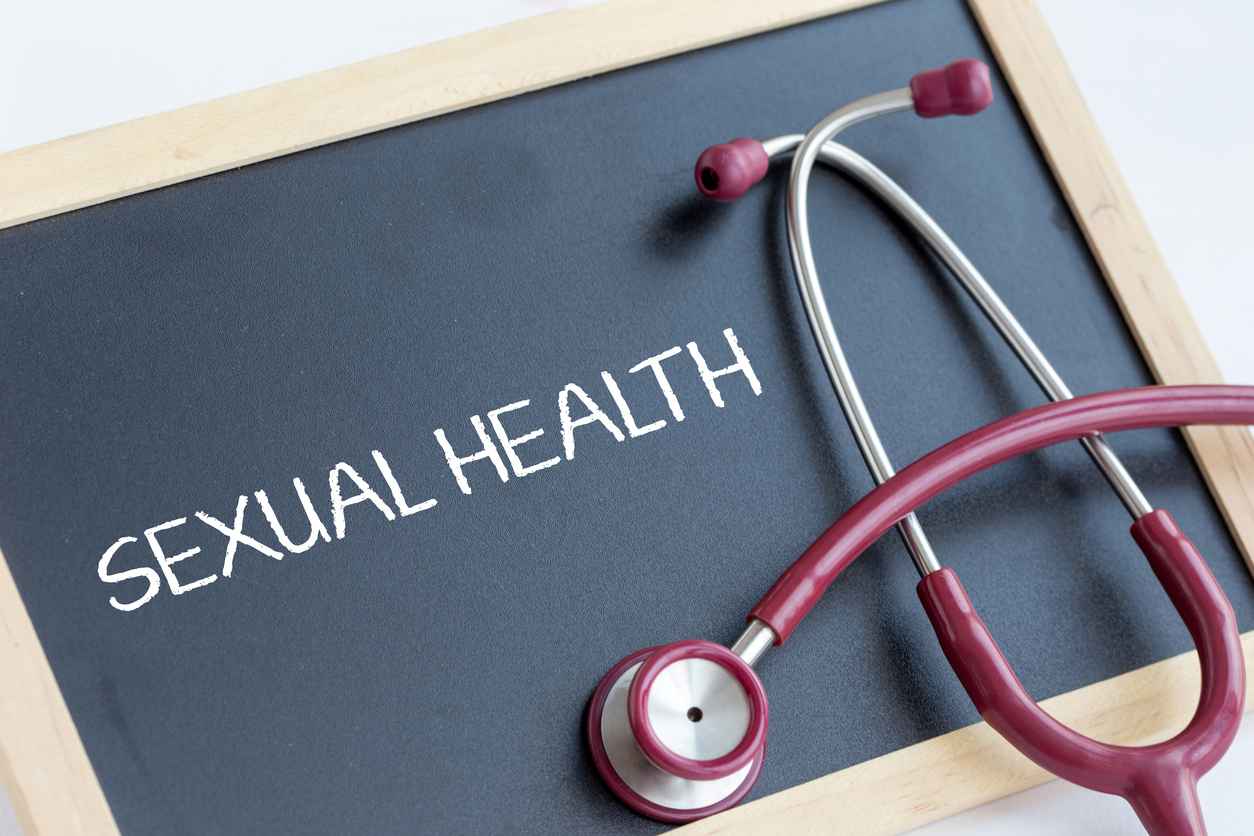
Why Sexual Health Awareness Month Matters: Breaking Stigma & Promoting Care
September 18, 2025
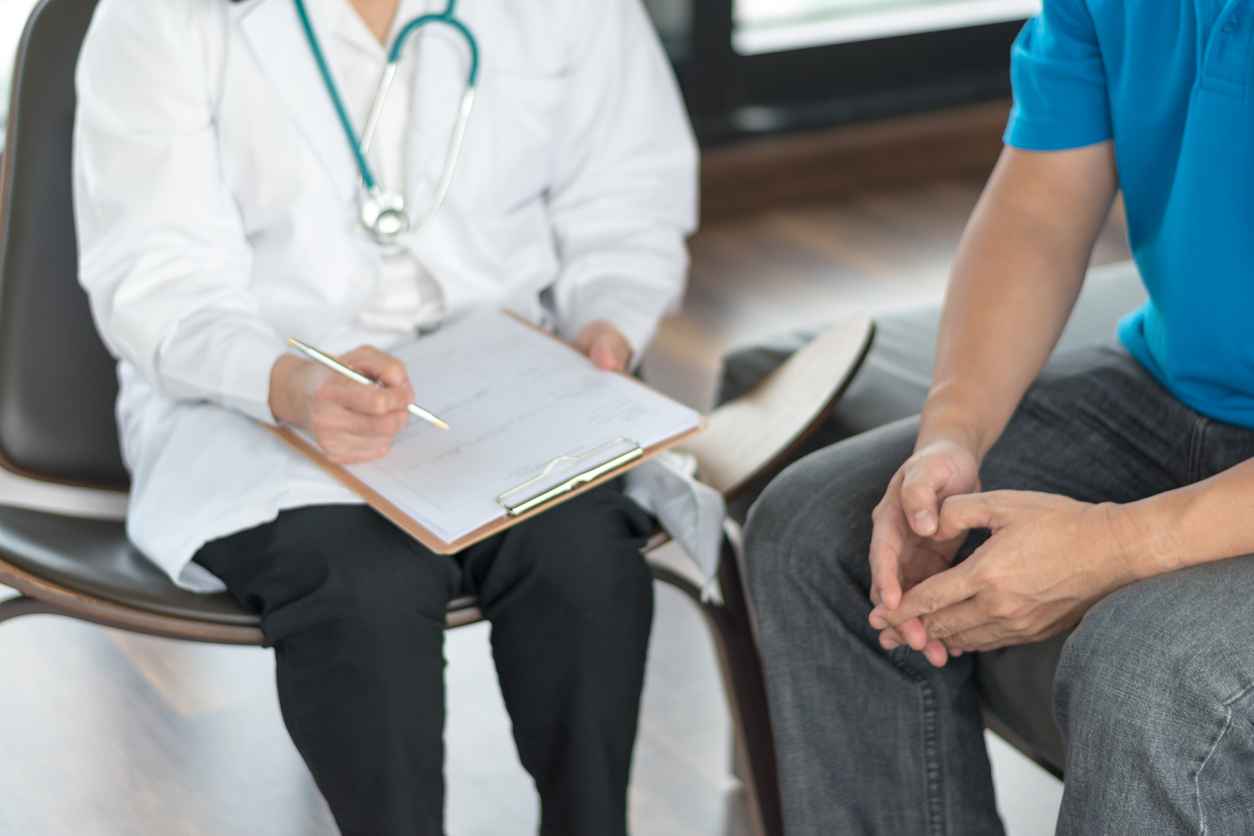
How Often Should You Get Tested for STDs?
August 15, 2025
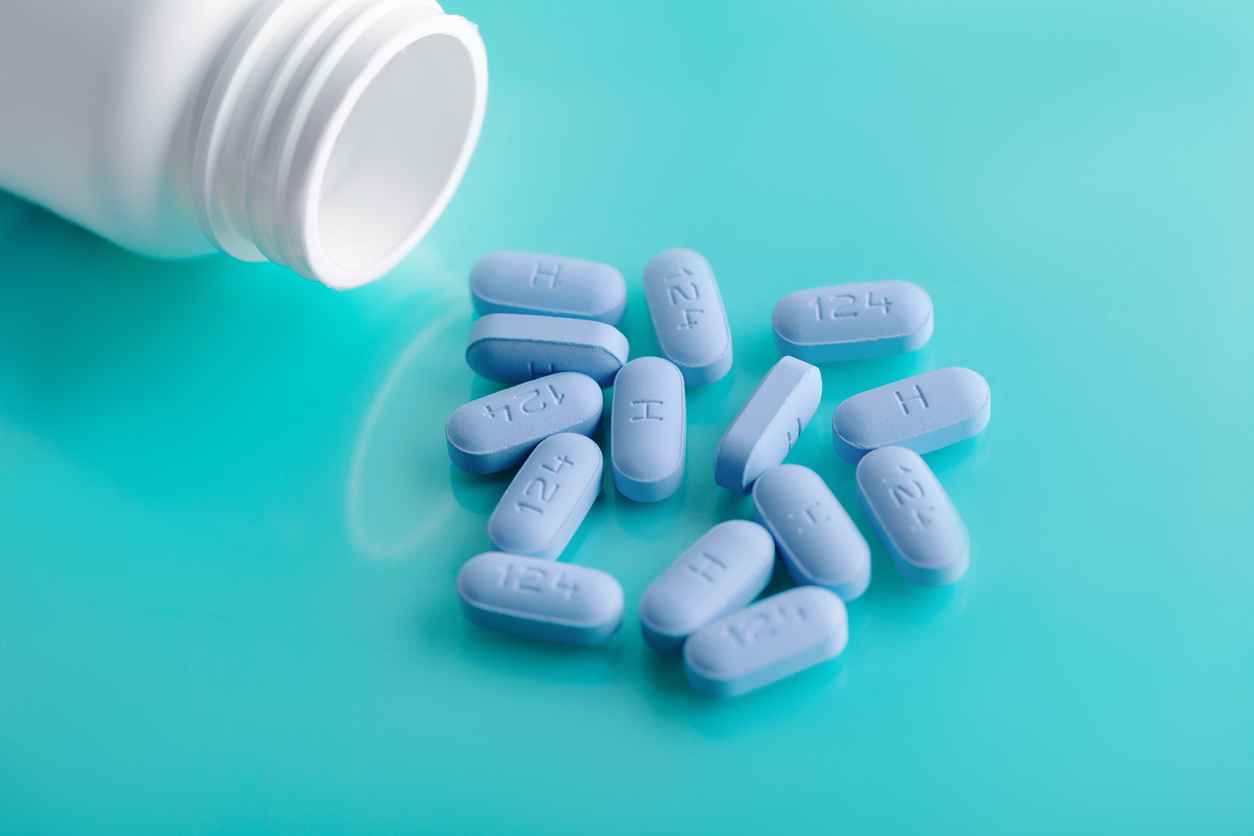
Telehealth and Sexual Health: How Tele-PrEP Works
July 23, 2025